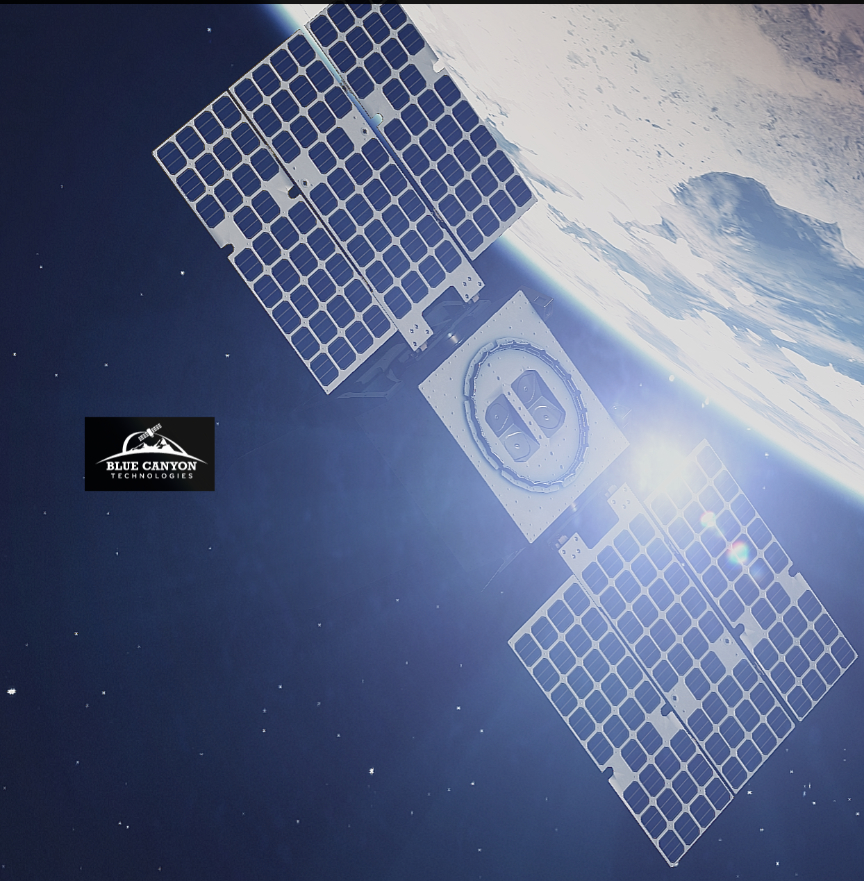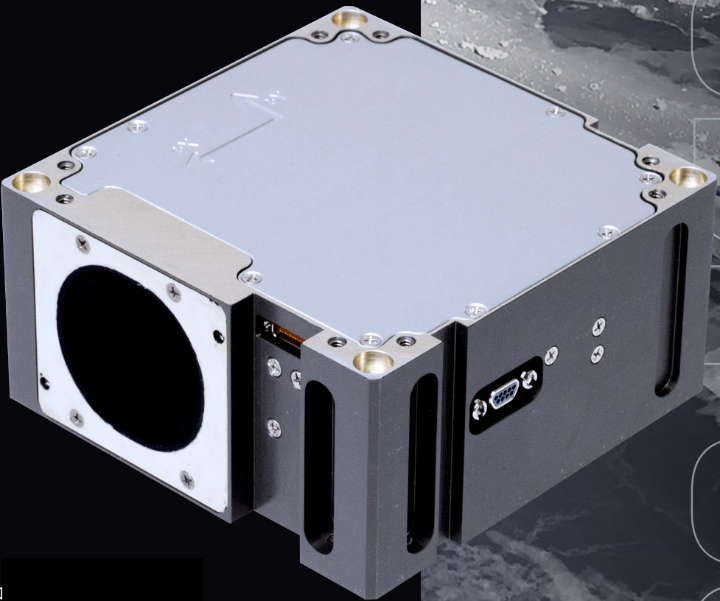
Blue Canyon Technologies LLC (“BCT” or “Blue Canyon”), a wholly-owned subsidiary of Raytheon Technologies, launched their Agile Microsat and High-Assurance Communications System Satellites, or HACSSAT, 1 & 2, aboard the SpaceX Transporter-5 mission on May 25, 2022.
Agile Microsat, or AMS, is a standardized 6U cubesat bus that Blue Canyon designed, built and tested for MIT Lincoln Laboratory. BCT’s Guidance Navigation & Control System, balanced mechanical design and customer-furnished propulsion system resulted in an extended low-altitude flight. Two customer payloads and a hosted software suite designed by MIT Lincoln Labs that provides autonomous orbit maintenance are aboard the satellites.
HACSSAT is a follow-up mission by Utah State University’s Space Dynamics Laboratory with lessons learned from its NetSat mission, whose payload was an experimental networking radio and recently completed all of its program goals on-orbit. For HACSSAT 1 & 2, Blue Canyon provided Space Dynamics Laboratory with the bus electronics for two 3U cubesats, integrated the payloads, and completed environmental testing on both spacecraft.

Blue Canyon also provided numerous FleXcore attitude control systems and reaction wheels to more than five spacecraft for this rideshare mission. BCT’s mission operations team connected to the Agile Microsat just after launch and confirmed nominal spacecraft state of health.

This marks more than 35 spacecraft BCT has launched into orbit successfully. Spacecraft operations for AMS will be performed at BCT’s Mission Operations Center, which, by the end of 2022, will be operating 18 spacecraft that span seven different missions.
“BCT’s innovative technology and advanced capabilities are designed to meet each customer’s needs,” said Jeff Schrader, president, Blue Canyon Technologies. “AMS is the first nanosatellite to enable long-duration low altitude flight, and HACSSAT is unique in that the laboratory can command the bus through the HACSSAT payload antenna.”
Blue Canyon Technologies (BCT), a wholly owned subsidiary of Raytheon Technologies, is comprised of four business units: cubesats, microsats, components, and mission operations. BCT offers a diverse portfolio of innovative, reliable, and affordable spacecraft and components that enable a broad range of missions and technological advancements for the new space economy. The company currently supports numerous unique missions with more than 100 cumulative spacecraft orders. Microsatellites are manufactured at the 80,000 sq-ft Lafayette facility and cubesats and components are manufactured in 40,000 sq-ft of dedicated facilities in Boulder, Colorado. BCT has supported missions for the U.S. Air Force, NASA and the Defense Advanced Research Projects Agency, and provided the Attitude Control Systems for the first interplanetary cubesats, which successfully traveled to Mars. The company has been recognized with awards from Inc. Magazine’s 5000 Fastest Growing Private Companies, the Best in Biz Award and the 2020 Tibbetts Award.
